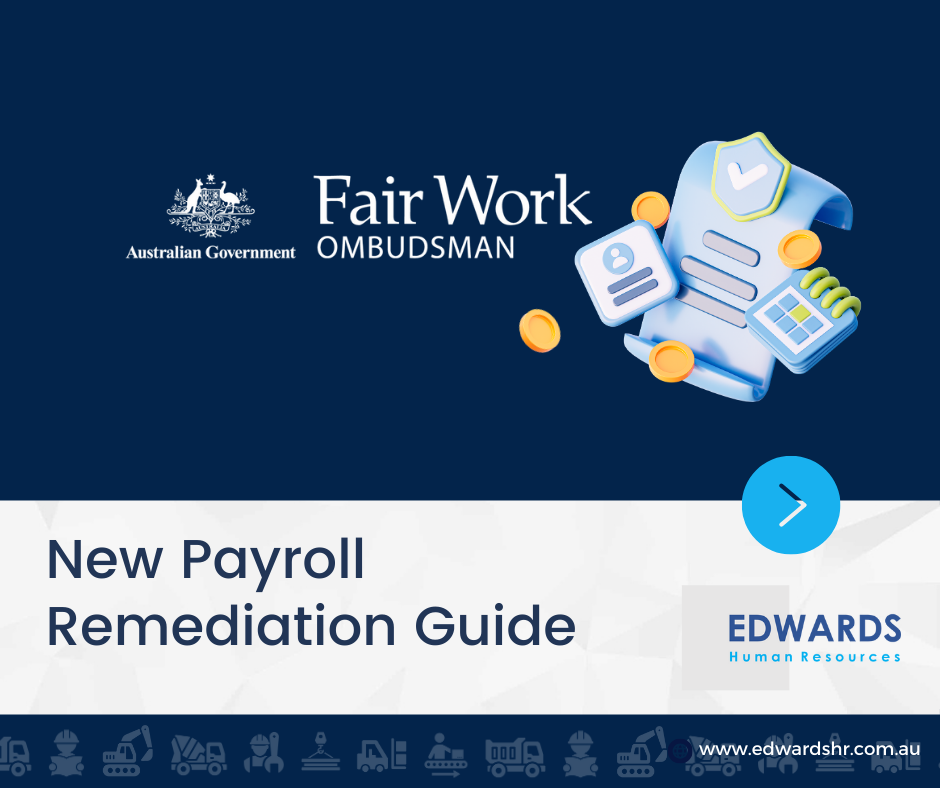- Published
Fired Over a Social Media Post?
What This Court Case Means for Your Business
A recent Federal Court decision has seen the ABC (Australia Broadcasting Corporation) ordered to pay $70,000 in compensation to journalist Antoinette Lattouf after she was unlawfully terminated just three days into a five-day casual contract. The case has attracted national attention, but beyond the headlines, it holds some practical lessons for employers across all industries.
Background
In December 2023, Ms Lattouf was taken off air partway through a presenting role on ABC Radio Sydney. The decision followed her sharing a Human Rights Watch social media post that criticised the Israeli military campaign in Gaza. While the ABC claimed she had breached its social media policy, the court found no formal direction had been given not to post on the topic.
More importantly the judge found that her political opinion was a factor in her termination, which means the employer breached the Fair Work Act 2009.
Key Takeaways for Employers
- Political opinion is a protected attribute
Under the Fair Work Act 2009, it’s unlawful to take adverse action against an employee because of their political opinion. That protection applies whether someone is a full-time employee or on a casual, short-term contract (or any other employment type).
What this means for employers:
Ensure termination decisions aren’t influenced (directly or indirectly) by a person’s lawful beliefs or opinions, even if those opinions attract public attention or complaints.
- A suggestion is not a direction
The court found Ms Lattouf was never formally instructed not to post about the conflict or her related opinions. That distinction was key. Employers can’t expect compliance with policies if expectations aren’t clearly set and communicated.
What this means for employers:
If there are boundaries you expect staff to follow (particularly around social media or public statements), those expectations must be clear, documented, and backed by policy.
- External pressure can’t override internal process
The decision to terminate Ms Lattouf was found to be partly driven by pressure from lobby groups and public complaints. That wasn’t a good enough reason, especially given the lack of investigation or legal review on ABC’s behalf.
What this means for employers:
Public backlash or stakeholder complaints may require a response, but they don’t justify cutting corners. Always follow your internal processes and seek legal or HR advice before taking action.
- Casual employees have legal protection too
Ms Lattouf was on a short-term casual contract, but the ABC still breached her general protections rights under the Fair Work Act 2009.
What this means for employers:
Don’t fall into the trap of thinking casual employees carry less legal risk. Their rights, especially around termination and discrimination, are still protected.
We help businesses.
The Lattouf v ABC case is a reminder that even large, well-resourced organisations can get it wrong if internal processes aren’t followed.
For employers, it highlights the importance of:
- Having clear, well-communicated policies
- Keeping emotion and public pressure out of employment decisions
- Documenting concerns and involving the right people early (HR, legal, senior leadership)
If you’re not confident in how your policies stack up or want to avoid being caught out, now’s the time to review them. As a general rule, we recommend reviewing policies every 12–18 months and spacing them out across the year to keep it manageable.
Need help reviewing your employment policies or managing difficult workplace issues?
Get in touch with our team today to discuss how we can help.
Stay up to date with all the upcoming changes via our Linkedin or sign up to our ‘Employer Update’ newsletter.



